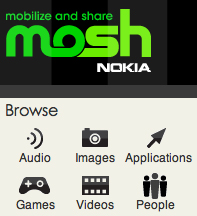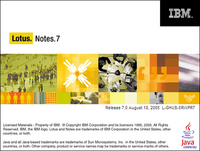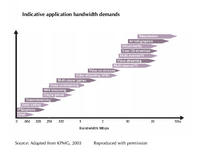 Lauren Weinstein fronts an open source net neutrality detection group:
Lauren Weinstein fronts an open source net neutrality detection group:
Joining PFIR Co-Founders Peter G. Neumann and I in this announcement are Keith Dawson (Slashdot.org), David J. Farber (Carnegie Mellon University), Bob Frankston, Phil Karn (Qualcomm), David P. Reed, Paul Saffo, and Bruce Schneier (BT Counterpane).It’s got open membership, a mailing list, and discussion forums. What it doesn’t have is links to and interaction with other groups already working in this area, such as SavetheInternet.com. There are no posts in any of the NNSquad forums yet, although it’s only been a day since he announced, so perhaps that’s not fair. However, there has been some discussion in Dave Farber’s Interesting People list, which is where I saw it.Recent events such as Comcast’s lack of candor regarding their secretive disruption of BitTorrent protocols, and Verizon’s altering of domain name lookup results to favor their own advertising pages, are but tip-of-the-iceberg examples of how easily Internet operations can be altered in ways that may not be immediately obvious, but that still can have dramatic, distorting, and in some cases far-reaching negative consequences for the Internet’s users.
The Network Neutrality Squad (“NNSquad”) is an open-membership, open-source effort, enlisting the Internet’s users to help keep the Internet’s operations fair and unhindered from unreasonable restrictions.
The project’s focus includes detection, analysis, and incident reporting of any anticompetitive, discriminatory, or other restrictive actions on the part of Internet service Providers (ISPs) or affiliated entities, such as the blocking or disruptive manipulation of applications, protocols, transmissions, or bandwidth; or other similar behaviors not specifically requested by their customers.
— “Network Neutrality Squad”: Users Protecting an Open and Fair, Lauren Weinstein, Interesting People List, November 5, 2007 7:49:09 PM EST
I’ve signed up for the NNSquad mailing list. Let’s see what happens.
Back in 2004, Lauren organized a conference to prevent imminent Internet collapse. I guess it succeeded, since the Internet is still here.
One thing NNSquad needs, however, that every other open source project has: a catchy logo. Leave something like that to the users, and you’ll get something like the graphic on this post.
-jsq







